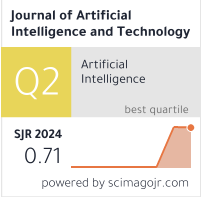A Constructive Use of ChatGPT in the Classroom: An Empirical Study
DOI:
https://doi.org/10.37965/jait.2024.0485Keywords:
ChatGPT, constructive use, term paperAbstract
ChatGPT, launched on November 30, 2022, has been adopted by the industries and academia alike. Students have started using ChatGPT for classroom assignments. In the search for the use of this tool for constructive purposes, the professor of a graduate class (MBA) on Supply Chain and Operations Management decided to require students to use ChatGPT to first generate some material for their term papers. Typically, ChatGPT generates one to two pages of original material for the student who is not well trained in using it, which was the case for the students in this class. Then, the students were asked to use the ChatGPT-generated material as a guide to writing a 10-page long paper with new references and citations added. A comparative study is conducted to determine the usefulness of ChatGPT on this project. The preliminary results indicate that students found ChatGPT useful in generating their own papers. Meanwhile, our analysis shows beginners of ChatGPT have limited capacity to generate high-quality content based on ChatGPT. Also, text mining is conducted to compare the readability and information density of ChatGPT-generated content and student-generated content.
Published
How to Cite
Issue
Section
License
Copyright (c) 2024 Authors

This work is licensed under a Creative Commons Attribution 4.0 International License.





